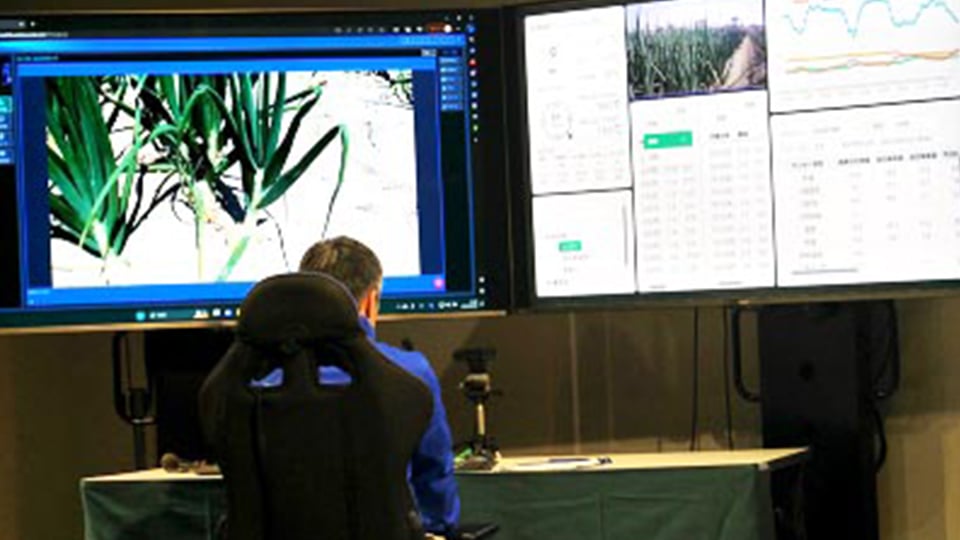
Japan Forces Advance Remote Farming for Enhanced Agricultural Yield and Sustainability
Revolutionizing Agriculture in Japan: NTT East and NARO Collaborate on Data-Driven Remote Farming Support Project to Boost Yield and Sustainability.
Japan - June 6, 2023 - NTT East and the National Agriculture and Food Research Organization (NARO) aimed at supporting remote agriculture using information and communication technology (ICT). The project involves sharing video and environmental data from producers' farms and crops with remote experts in real-time. These experts will then provide support and guidance based on NARO's standard operating procedure (SOP) to improve agricultural productivity.
The first phase of the project will be implemented on the farmland of Mirai Kyousou Farm Akita in Ogata Village, Akita Prefecture. The focus of this phase will be on onion cultivation, and experts will provide remote support to help increase the onion yield from the current 2-3 tons per 1,000 square meters to a more stable 4 tons.
Artificial intelligence (AI) will also be introduced in the second phase. The AI system will potentially provide producers with cultivation work plans based on weather information and growth forecasts, as well as disease and pest control plans based on outbreak forecasts. The goal is to expand this remote farming support to other areas and crops nationwide within three years.
The project aims to address the challenges faced by the agricultural sector, such as the decrease in the number of farmers and the need to secure workers and inherit farming skills. By leveraging ICT and expert support, the hope is to make agriculture more accessible to young people and increase agricultural productivity.
While the project shows promise, there are concerns about the potential burden on producers due to the introduction and operation costs of farm management support. However, NTT East and its subsidiary NTT Agri-technology are optimistic that the project will not only increase crop yields but also reduce production costs. They intend to make the project a sustainable business by providing total consultation, including regional and urban development.
The project's success will be crucial for the development of regional agriculture and ensuring a stable supply of food, especially in the context of the declining number of experienced farmers in the industry. The effectiveness of combining NARO's knowledge of cultivation techniques with NTT East's ICT capabilities will be closely monitored and evaluated.
Source: Nikkan Kogyo Shimbun






